Myanmar people reject sham elections by war-criminal junta
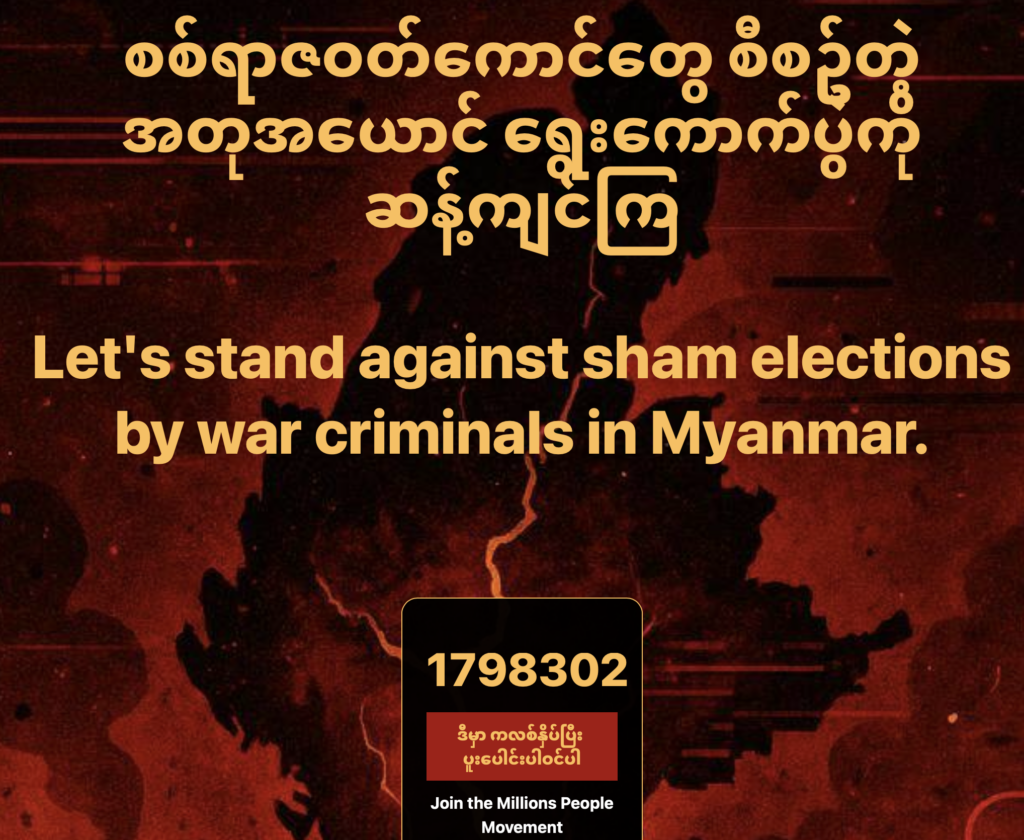
Millions of citizens are calling for a boycott of the sham vote orchestrated by General Min Aung Hlaing’s regime, which controls barely half of the country. In their thirst for legitimacy and cash, the military hopes to persuade other nations to normalize relations. Reporting & Writing by Josephine Kyi and Nyo // Editing by Shwe […]
Article 33 Action Against Myanmar: Workers Fear the Cure Hurts More Than the Disease
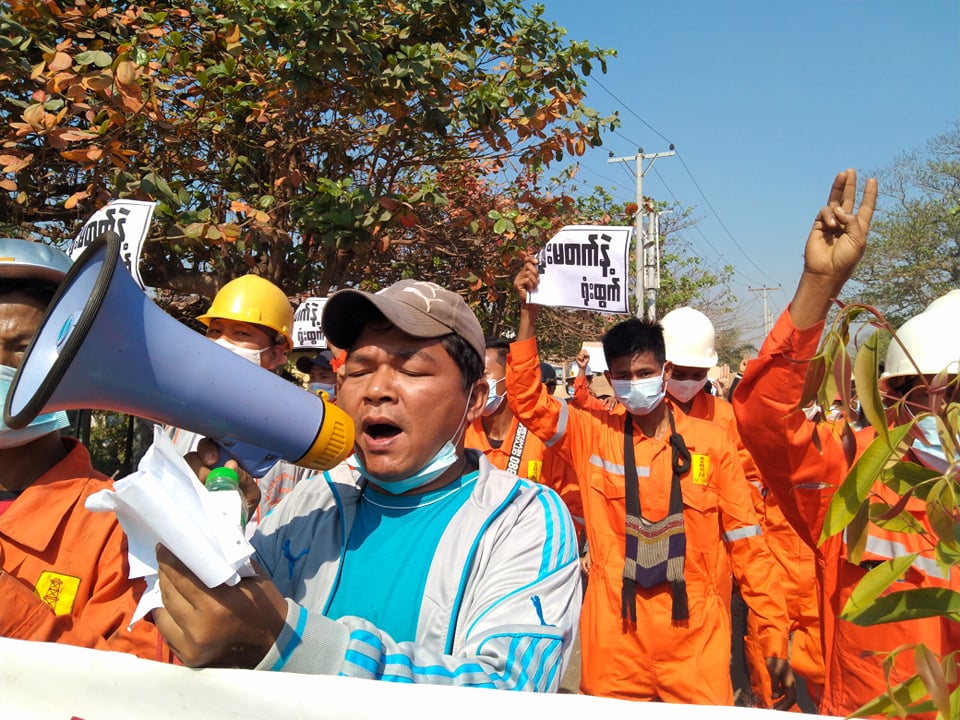
YANGON // Local garment workers and labour leaders in Myanmar say the International Labour Organization’s (ILO) decision to invoke Article 33 – a rare punitive measure against member states that persistently violate core labour conventions – may end up harming workers more than the junta it targets.
Myanmar Peace Museum’s founder Ko Sai: “Censorship amplifies the message”

BANGKOK // An exhibition at BACC by the Myanmar Peace Museum was unexpectedly thrust into the spotlight when Chinese government pressure led to its partial censorship. Our team talked to curator Ko Sai, who has been forced once again into exile.
Myanmar’s Rare Earth: Profit, Poison and Power
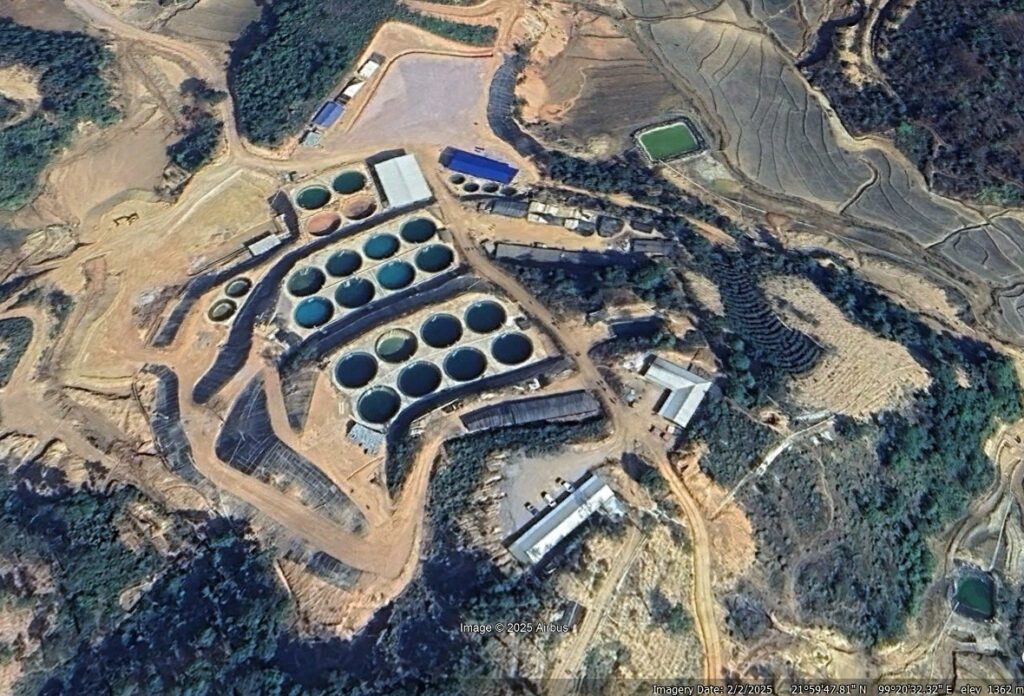
MONG PAUK // Myanmar’s rare earth industry is booming—fueled by Chinese capital and protected by armed groups, while locals are shut out and ecosystems collapse. Toxic in-situ leaching scars the landscape, floods spread chemical waste, and workers face hazardous conditions for high pay.
Struggling to Survive: Urban Poverty and Social Breakdown in Post-Coup Yangon
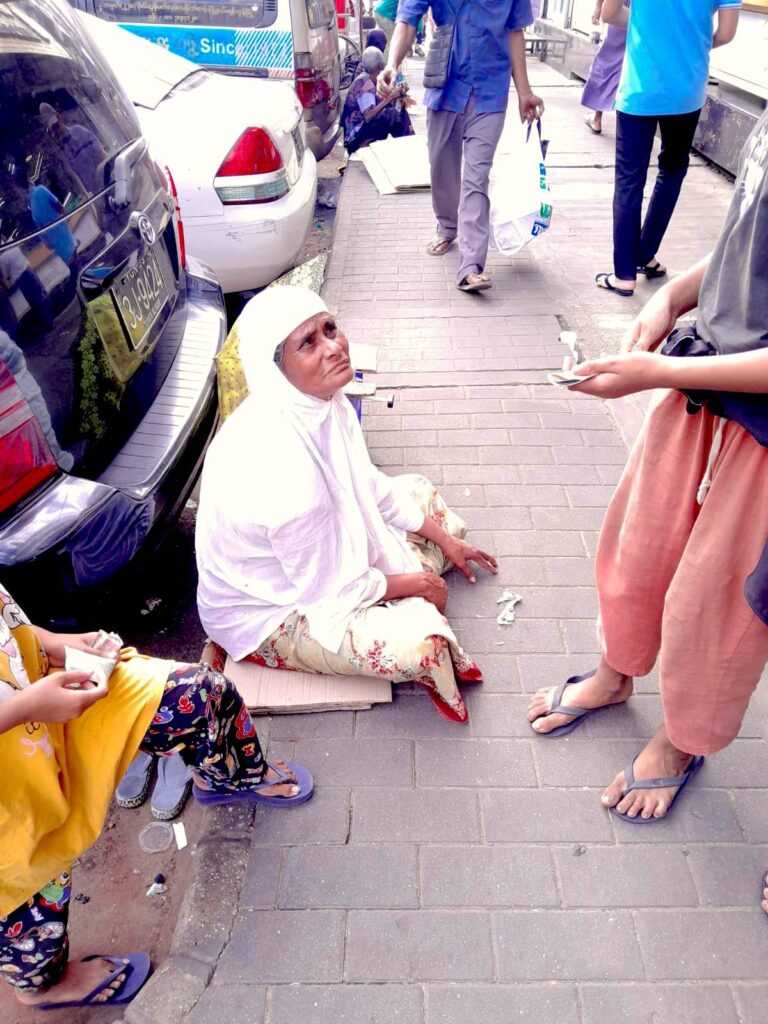
YANGON // Four years after Myanmar’s military violently seized power, daily life in the City has broken down. Prices are soaring, jobs are scarce, and formerly stable families are now hovering at the edges of desperation. Poverty has deepened not just in numbers, but in intensity – and so has fear.
Earthquake Aftermath in Myanmar: Surviving Women Stand By Amidst Uncertain Future
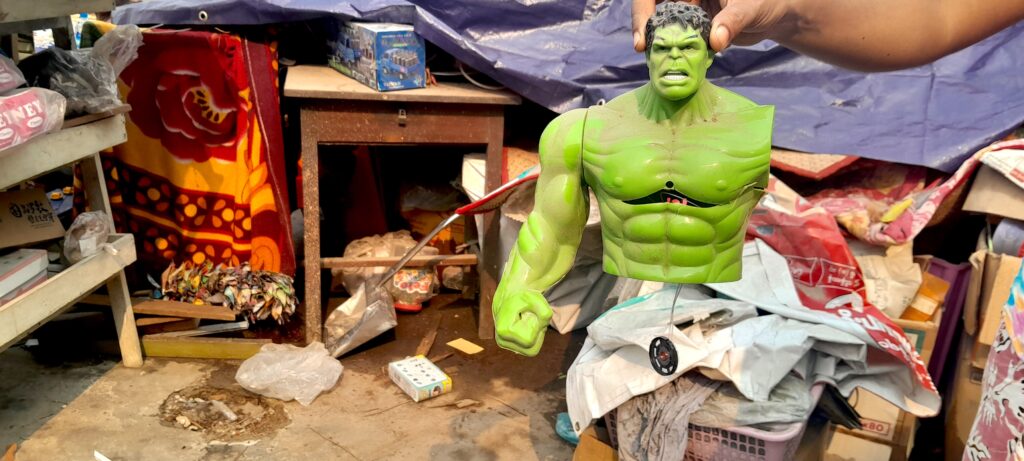
SAGAING // A powerful 7.7 magnitude earthquake struck central Myanmar on March 28, leaving nearly 3,800 dead and over 5,000 injured. More than 5 million people are affected across 58 townships, with major cities and villages facing widespread destruction. In the aftermath, women are emerging as resilient survivors, rebuilding their lives amidst devastation in the villages around Sagaing.
Cartoonists hit at ‘The ASEAN Way’

BANGKOK // An exhibition by SEA-Junction uses artworks to critique ASEAN’s principles of non-interference and consensus. Participants to this regional competition highlight ASEAN’s shortcomings in addressing human rights crises, especially in Myanmar.
The Full Moon of Darkness: Massacre in Sipa Village
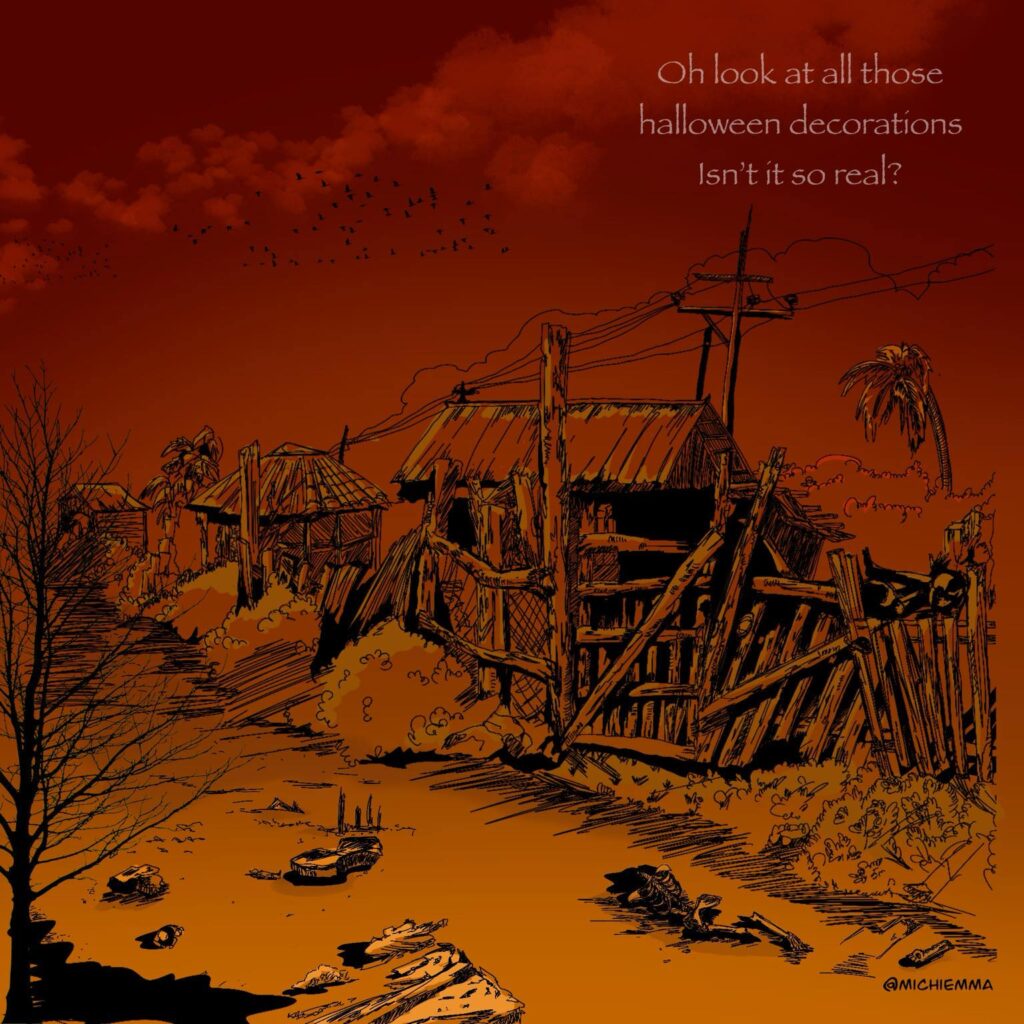
SIPA, BUDALIN // On the day of the Festival of Light, two military columns entered the village, setting fire to homes and brutalizing the community. In a punitive and non-targeted strike against whoever they could find, the national military tortured and murdered six citizens in a now trademark display of brutal punishment meted out to those who might support democratic self-determination.
Unsettled Waters: Irrawaddy Dolphins Caught in the Crossfire
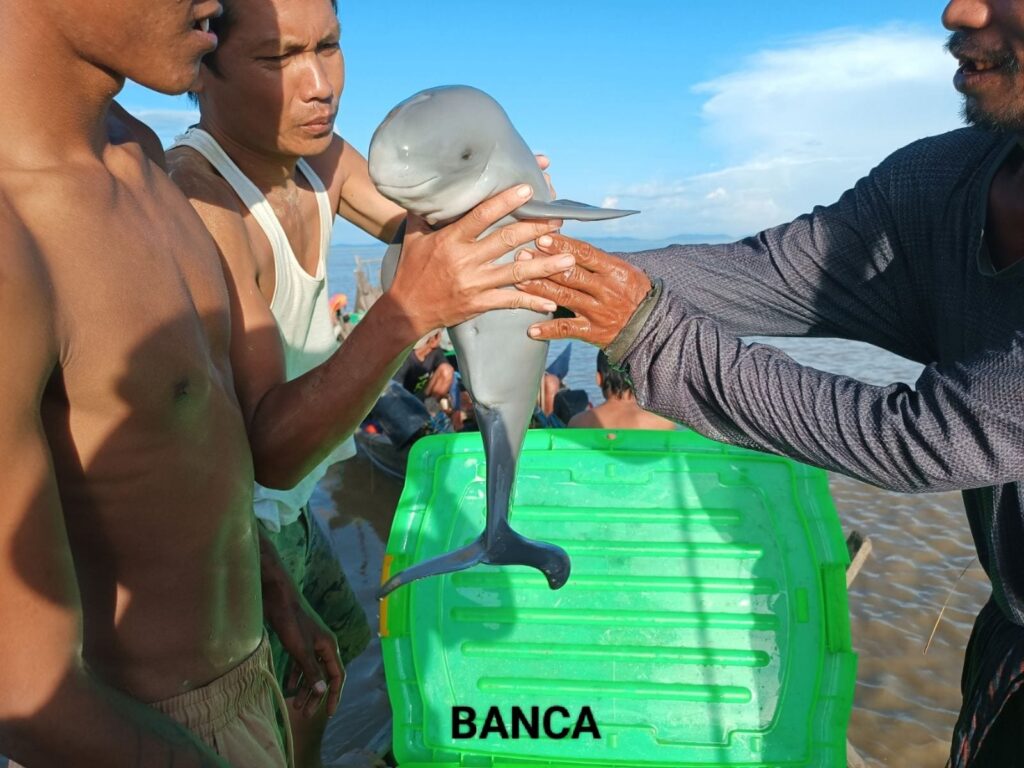
MATTAYA, MANDALAY REGION // Amid conflict and chaos, the enduring bond between Irrawaddy dolphins and their human partners faces a perilous decline. Conservation efforts by local organizations are undermined by the lack of safe access and adequate resources.
In Myanmar, Solar Power Isn’t Just About Being Green—It’s a Matter of Survival
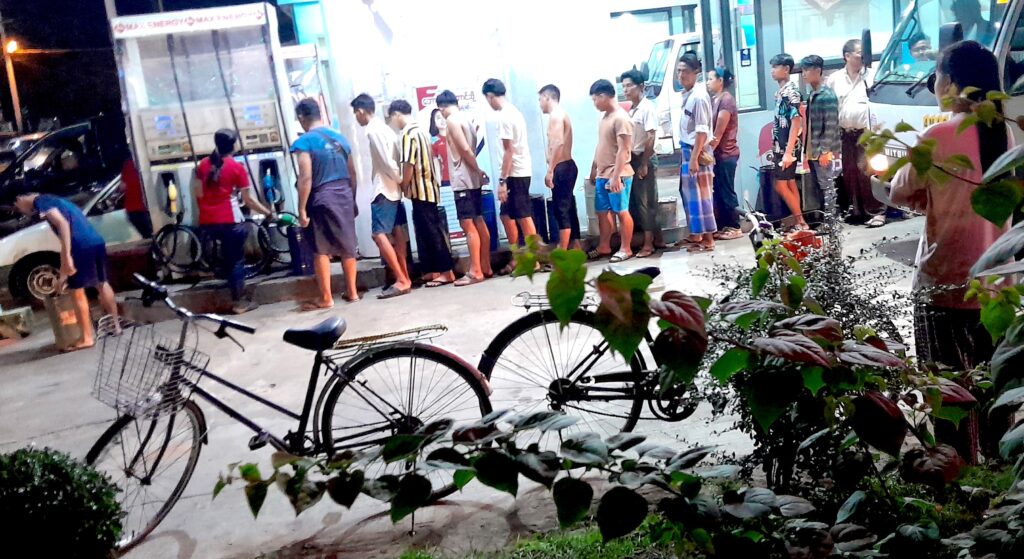
For the past three years, Myanmar has been plunged frequently into darkness as the ruling junta’s corruption wreaks havoc on the country’s infrastructure. In this crisis, shifting to solar energy is less about environmental consciousness and more about a desperate need for survival.